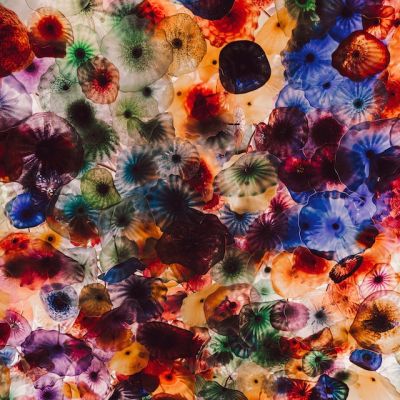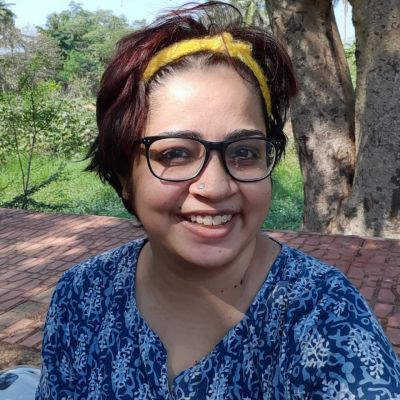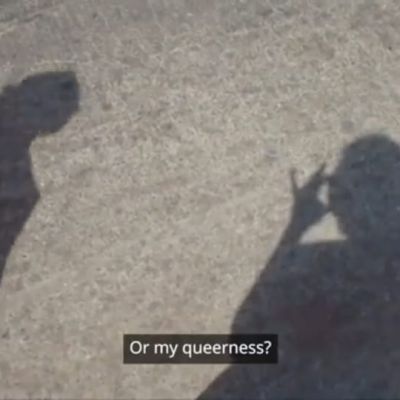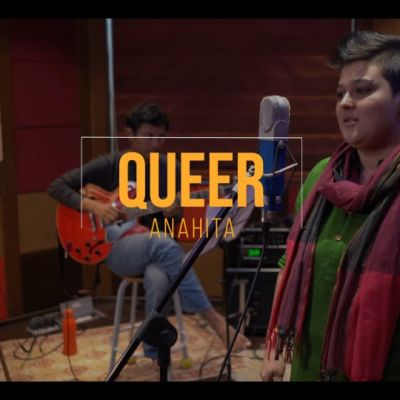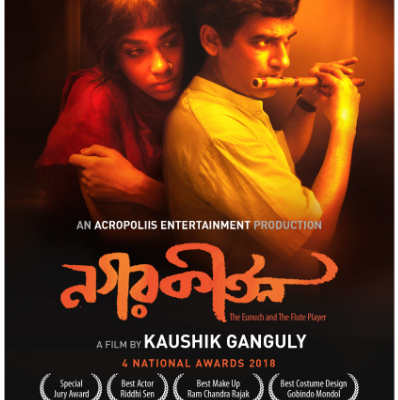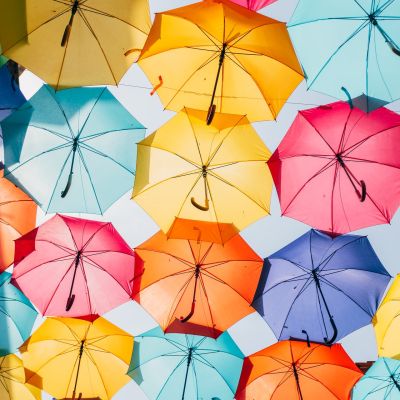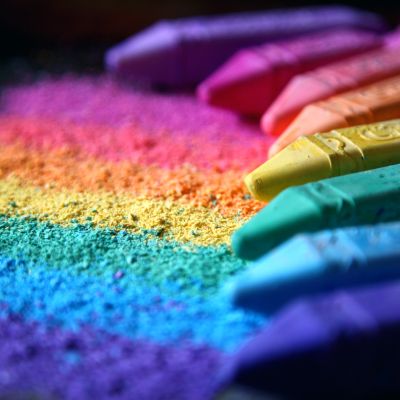Desire
Self-care is influenced by the environment we inhabit, the way we relate to others, the way we negotiate with other living beings or structures. Self-care is also interlinked with other types of care – whether that is in community resources, psychosocial support, engagement with medical and health care institutions, and of course in collective agency and solidarity.
She turns towards me when I speak, and I can feel her eyes thinking over my words, sensitive to any hint of criticism. Her thighs slide against mine, and for a moment we are both distracted by the naked coolness of our bodies. For a moment, we look at each other.
Queering transcends the confines of symmetry and is a way of looking, of breaking established meaning, of making new meaning, and of being and becoming that offers us the promise of fluidity, flux and freedom.
ऐसी जगहों की बहुत कमी है जहां विकलांगता के साथ जी रहे लोग अपने यौनिक अनुभवों या यौनिक जिज्ञासा के बारे में खुलकर बात कर सकें। खास तौर पर विकलांगता के साथ जी रहे युवाओं पर हर वक़्त निगरानी रहती है जिसका मतलब है कि वे यौन अनुभवों से वंचित रह जाते हैं और अपनी यौनिकता को समझ नहीं पाते।
Which Came First is a film about identity, desires, queerness–it captures the essence of self-discovery.
Watch Queer, a hard-hitting spoken word poem by Anahita Sarabhai, co-founder of QueerAbad.
“I feel that connection is the survival language of the LGBTQIA+ community. The sense of a common struggle makes way for developing quick yet lasting connections among the community…”
Funnily enough, porn played a massive role in helping me articulate my queerness (I am pansexual) and my even queerer desires.
This issue of In Plainspeak while inviting us to embrace the joys and pleasure in movement, also questions the ways in which movements are facilitated or obstructed, visibilised or invisibilised, and the spaces that we must envision to find freedom in/to movement.
I’ve essentially thought of movement as a kind of freedom, but one that has the capacity to destabilise you in some way. My most creative moments are when I’m not moving, when I am in fact rooted and still.
Just like on a misty morning,
we both
sit
without a shred of adornment
on these ancient stepwells
and the call of the hummingbirds
offer us sensations,
imagination,
and our innocence
The plot of the movie narrates the tale of the love that grows between two people who are struggling to survive in a world of rootlessness and are continuing to make a cosy home for themselves. The love between Madhu, who works as a food delivery boy, and Puti, who survives by singing at traffic signals, blossoms while they cross paths everyday at the traffic signal and the look that they exchange appears to us as if each of them is trying to find a home in the other.
In this write up, we’d like to share a sense of what emerges from a compilation of these responses. This is based on the thoughts and feelings that come through for those of us here at In Plainspeak who have had the joy of reading the original responses as they came in to us. (Some of the quotations that follow have been slightly edited for flow and to help connect themes.) We know that most things in the realm of art, information and ideas lend themselves to a wide range of inferences and insights depending on the individuals making the inferences.
Taboos in relation to female desire, sexuality and the body are often addressed in my work. My recent artistic interest focuses on rituals that are primarily centred on agricultural communities in Bengal that involve the veneration of fertility symbols and celebration of feminine sexuality.



